

Microorganisms or microbes are extremely tiny and microscopic in nature. They include bacteria, fungi, archaea and protozoa. Bacteria has sure got a reputation for spreading several diseases. We diligently wipe down the bad ones with disinfectants and sanitisers to kill the germs and to protect ourselves from various diseases.
But wait, how can bacteria be good for us? When it comes to micro-organisms, there are two types of bacteria - good bacteria and bad bacteria.
Good bacteria help us in absorbing nutrients, destroying disease-causing cells and building our immunity to maintain a healthy life.
Our bodies are home to an estimated number of 100 trillion good bacteria that reside in our gut. These helpful bacteria act as protectors and are extremely beneficial to our bodies.

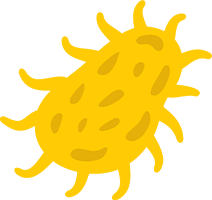
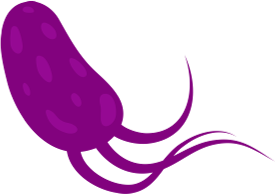
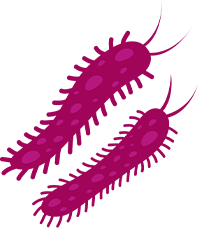

Probiotics definition by World Health Organization (WHO) - 'as live microorganisms that, when administered in adequate amounts, confer a health benefit on the host'.
These are the good bacteria that gives numerous health benefits to our body.
Aids in easy food digestion & boosts metabolism
Supports the breakdown of food and medications
Creates vitamins that are beneficial to the body
Fights bad bacteria present in the body
These good bacteria can be found in fermented foods, yogurt, dietary supplements and beauty products.

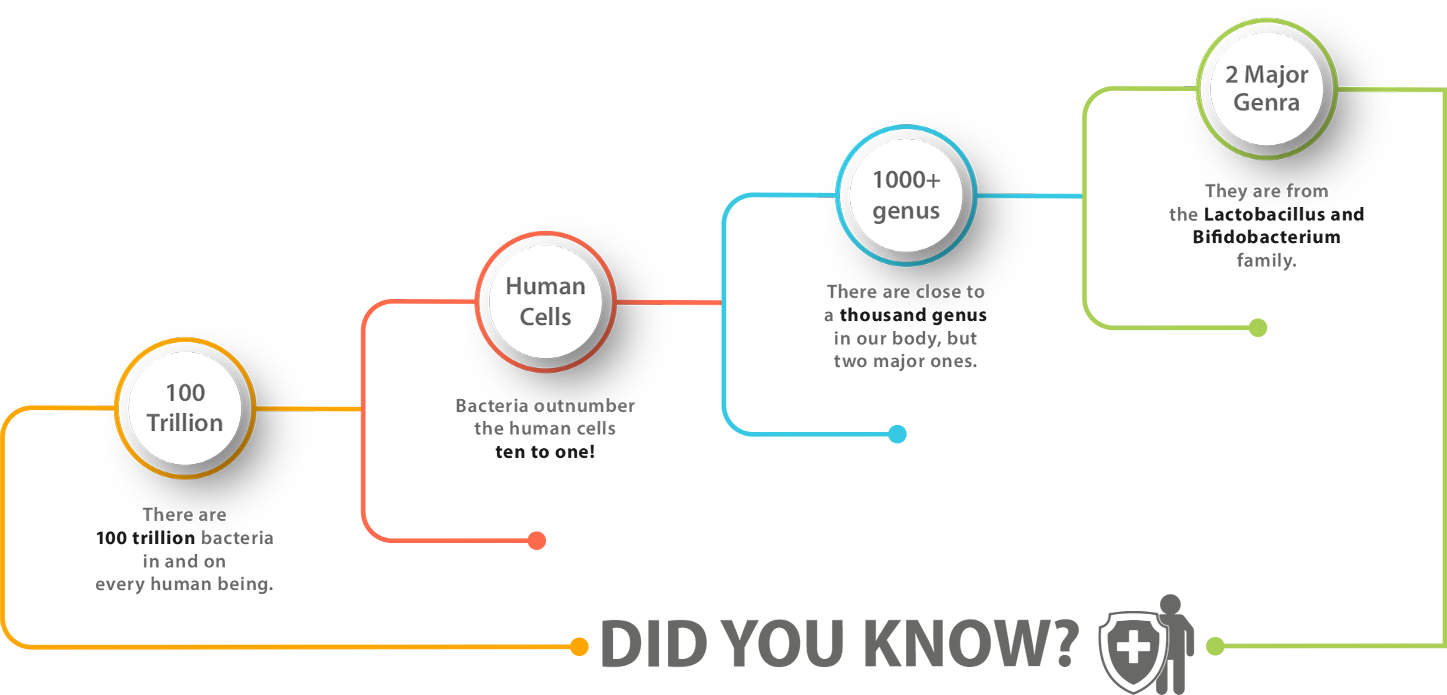

There are different types of Probiotics. They are classified into 3 categories - Spore Formers, Lactic-acid bacteria & yeasts. They are further identified by their genus, species, and strains.
Bacillus clausii and Bacillus coagulans are spore-forming bacteria that constitute a varied group of extremely resilient bacteria. They have the ability to generate endospores to protect themselves in a variety of situations like high temperatures and the acidic environment of the gut. Bacillus clausii is a species of microorganism that has been around for nearly a century, which was first identified and described in 1915. It is suspected to be commonly found in the gut of both humans and animals, alike.

Probiotics are the ‘good bacteria’ that keep your body healthy and functioning well. They are instrumental in fighting off ‘bad bacteria’ that have the potential to damage your body. Lactobacilli and Bifidobacteria are the most well-known probiotic bacteria, with both of them falling under the umbrella of lactic acid producing bacteria (LAB). Lactobacillus is a LAB that resides and works inside the small intestine, whereas the Bifidobacteria reside inside the large intestine. Other than producing lactic acid, they also produce acetic acid which reduces yeast and mold production. Another lesser-known, but just as beneficial LAB strain is the Streptococcus thermophiles.
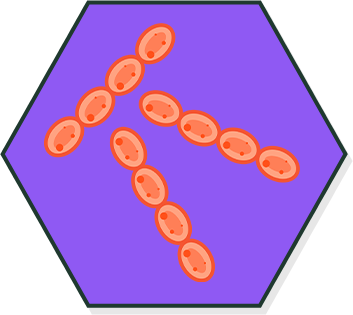
Typically all probiotics are bacteria. However, certain yeasts also function as probiotics. For example Saccharomyces boulardii.
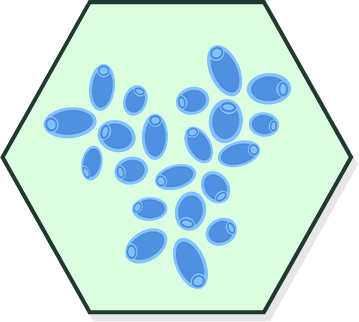

IMMUNE HEALTH

ANTIBIOTIC- ASSOCIATED DIARRHOEA
GUT HEALTH

WEIGHT MANAGEMENT

MENTAL HEALTH

ORAL HEALTH

URINARY TRACT INFECTIONS

VAGINAL HEALTH

SPORTS NUTRITION

Probiotics are identified with their specific strain, which includes genus, species and strain designation. A strain is a member of a species and the species is a member of a genus. Various species of bacteria can also belong to the same genus.
For example, how animals have different breeds and variations, some species of bacteria also have different strains.
Strains from the same species will be more alike than strains from the different species and they are all known to have different health benefits. Various tests and research studies have been conducted to observe which strains benefit our health the most.
Bacillus
Clausii
ELBCOO4

The microbiome is a term used to describe a specific collection of microorganisms or microbes. It is also known as microbiota. The term is commonly used to refer to microorganisms living in the human gut. The microbes present here are both helpful and harmful in nature. They coexist with each other without any problems. They play a vital role in the development of the innate immune system and regulate microbe symbiosis.
Eubiosis is a Greek term referring to the overall balance of microflora in the gastrointestinal tract of humans. Dysbiosis is a condition that is caused by the imbalance of the bacterial community in the gut. It disrupts the natural ecosystem of the gut, which results in symptoms like - constipation, diarrhoea, cramping, indigestion and bloating.
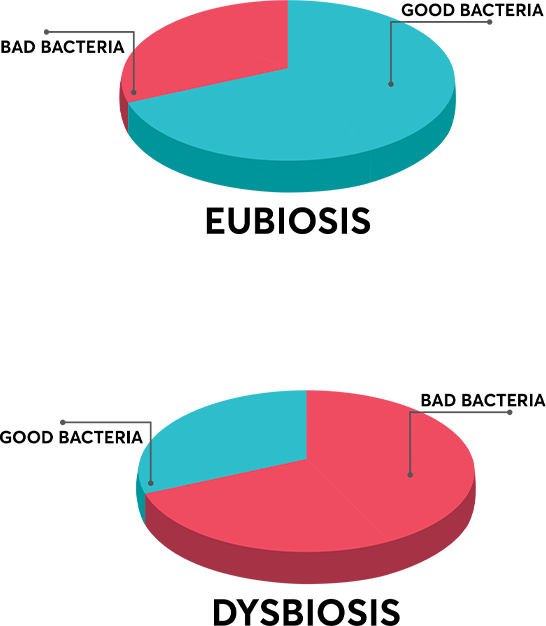
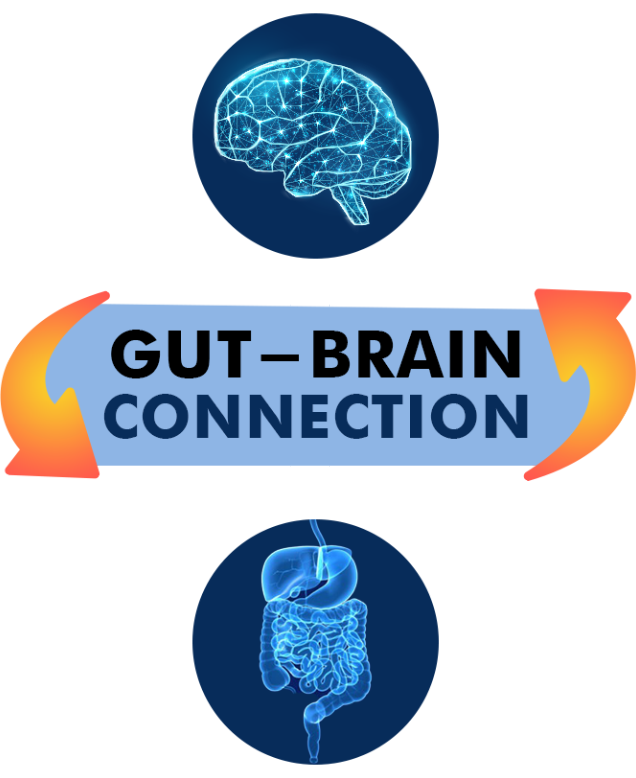

The term itself explains the meaning, which is a 2-way biochemical signalling that takes place between the gut, gastrointestinal tract and the central nervous system, brain. The 'gut' is also known as the second brain because they have the same type of neurotransmitters that are found in the central nervous system.
You can improve the gut-brain connection by eating a diet with whole grains, lean meats, fruits and vegetables. This helps in feeding the good bacteria that reside in the gut.

Probiotics are used to treat and prevent some gastrointestinal disturbances like irritable bowel diseases, diarrhoea and other diseases related to the gut and intestinal tract.
Probiotic health benefits are strain-specific and are aimed to cure diseases among a particular group of patients. The evidence in the research study also suggests that the use of probiotics can help in the prevention and treatment of various diseases that include immune disorders, diabetes, obesity. There are new applications being researched and developed for further usage of probiotics.


Probiotics are considered safe and don't cause any harm to healthy people. They help our gut in various ways and develop our immune system. The researchers have conducted numerous experiments to determine the effective usage of probiotics.
Always talk to a doctor before starting any medication or supplement. One must consult a doctor or health care provider if they are already suffering from a medical condition.

One Health is a collaborative, multisectoral, and transdisciplinary concept operating at the local, regional, national, and global levels, with an aim of achieving optimal health, recognizing the interconnection between people, plants, animals and their shared surroundings.
One Health issue also focuses on zoonotic diseases, food safety, antimicrobial resistance and food security, environmental contamination, vector-borne diseases and other major health threats shared by people, animals and the environment.
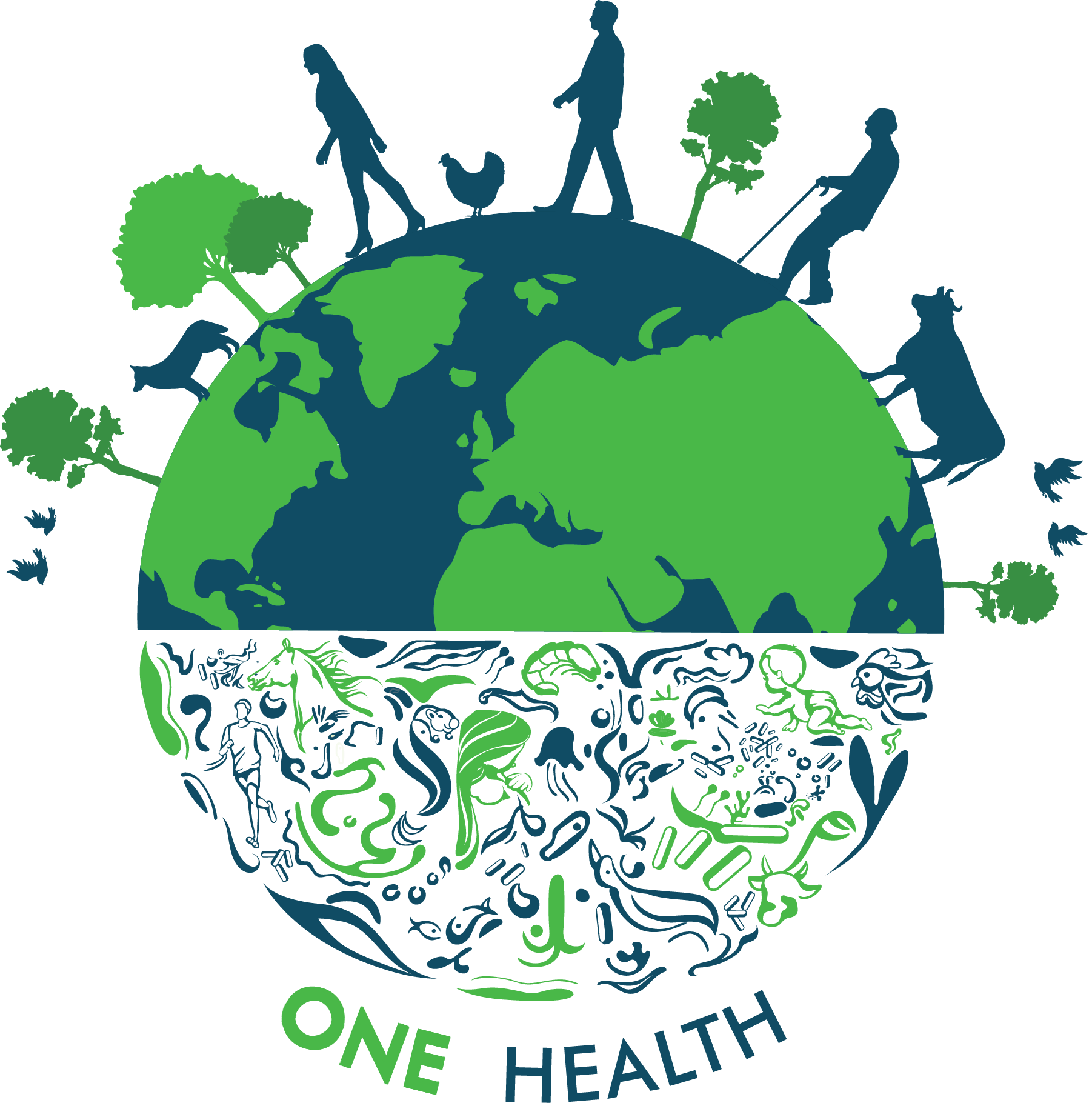

Antimicrobial Resistance (AMR) occurs when bacteria, viruses, fungi and parasites change over a period of time and no longer respond to medicines. It makes infections harder to treat and increases the risk of disease spread, severe illness and even death in a few cases.
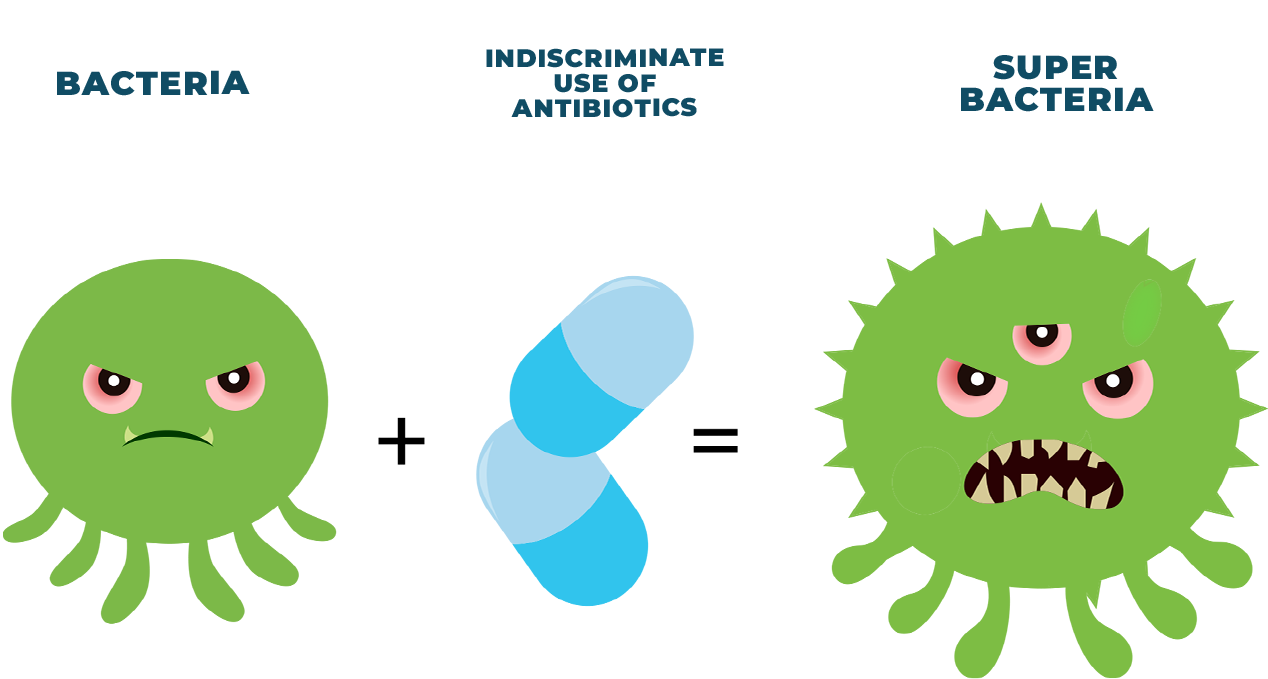
Antimicrobials include antibiotics, antifungals and antivirals. They are medicines used to prevent and treat infections in humans,
animals and plants.